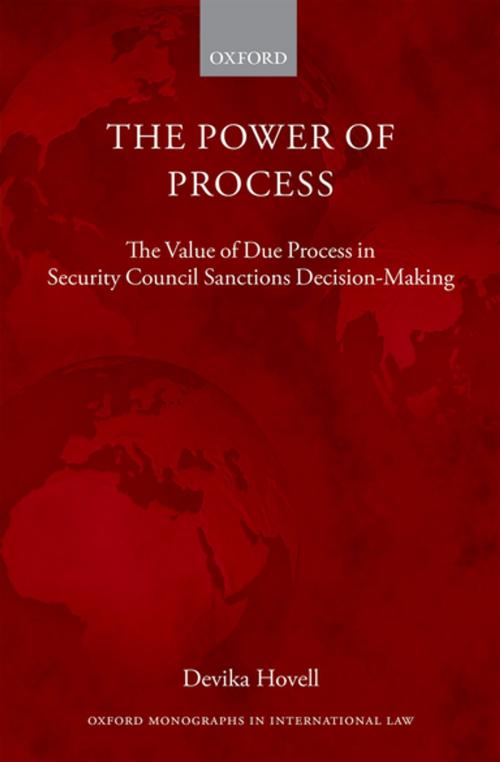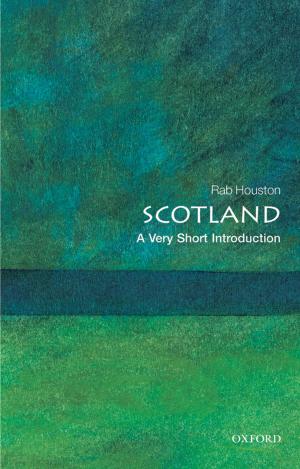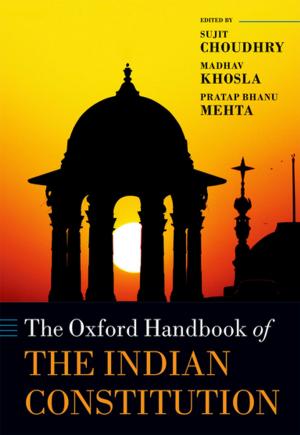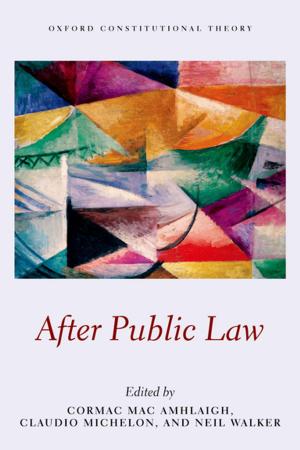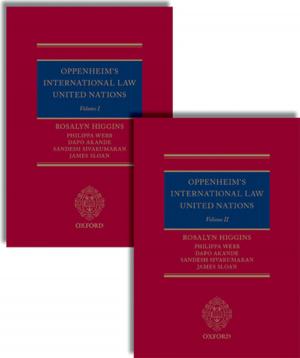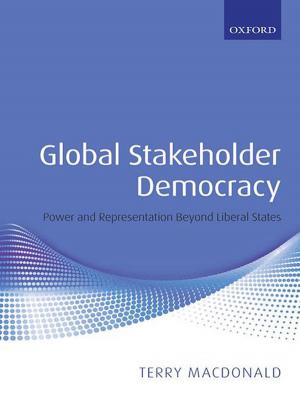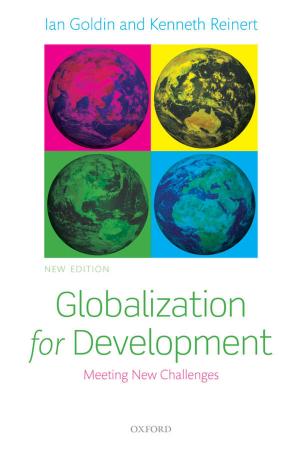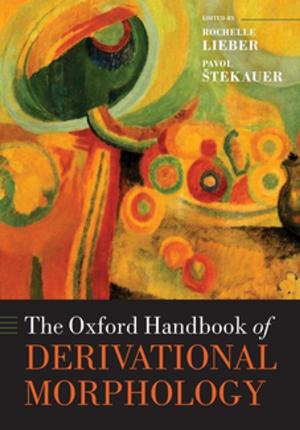The Power of Process
The Value of Due Process in Security Council Sanctions Decision-Making
Nonfiction, Reference & Language, Law, International, Social & Cultural Studies, Political Science| Author: | Devika Hovell | ISBN: | 9780191027451 |
| Publisher: | OUP Oxford | Publication: | January 21, 2016 |
| Imprint: | OUP Oxford | Language: | English |
| Author: | Devika Hovell |
| ISBN: | 9780191027451 |
| Publisher: | OUP Oxford |
| Publication: | January 21, 2016 |
| Imprint: | OUP Oxford |
| Language: | English |
The UN Security Council's transition to 'targeted sanctions' in the 1990s marked a revolutionary shift in the locus of the Council's decision-making from states to individuals. The establishment of the targeted sanctions regime, should be regarded as more than a shift in policy and invites attention to an emerging tier of international governance. This book examines the need to develop a due process framework having regard to the uniquely political and crisis-based context in which the Security Council operates. Drawing on Anglo-American jurisprudence, this book develops procedural principles for the international institutional context using a value-based approach as an alternative to the formalistic approach taken in the literature to date. In doing so, it is recognized that due process is more than a set of discrete legal standards, but is a touchstone for the way the international legal order conceives of far larger questions about community, law and values.
The UN Security Council's transition to 'targeted sanctions' in the 1990s marked a revolutionary shift in the locus of the Council's decision-making from states to individuals. The establishment of the targeted sanctions regime, should be regarded as more than a shift in policy and invites attention to an emerging tier of international governance. This book examines the need to develop a due process framework having regard to the uniquely political and crisis-based context in which the Security Council operates. Drawing on Anglo-American jurisprudence, this book develops procedural principles for the international institutional context using a value-based approach as an alternative to the formalistic approach taken in the literature to date. In doing so, it is recognized that due process is more than a set of discrete legal standards, but is a touchstone for the way the international legal order conceives of far larger questions about community, law and values.
